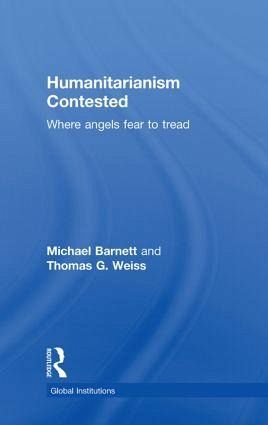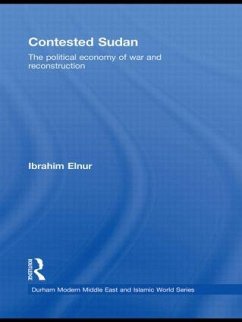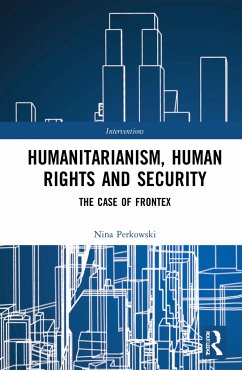
Humanitarianism Contested
Where Angels Fear to Tread
Versandkostenfrei!
Versandfertig in 1-2 Wochen
185,99 €
inkl. MwSt.
Weitere Ausgaben:

PAYBACK Punkte
93 °P sammeln!
This book provides a succinct but sophisticated understanding of humanitarianism and on-going dilemmas and tensions that have accompanied it since its origins in the early 19th century until the 21st century.














